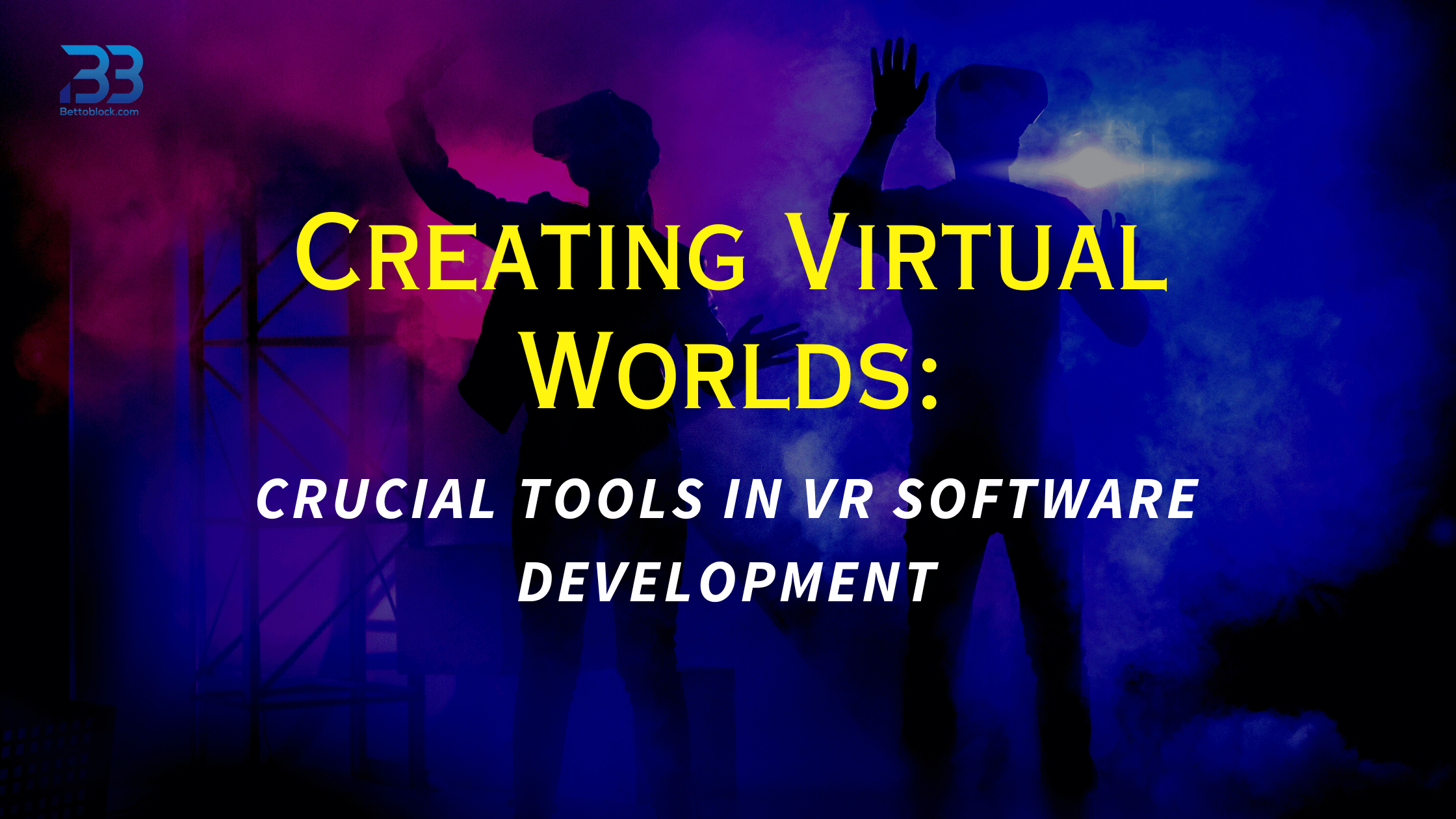Compliances





Virtual reality (VR) has transitioned from science fiction to reality, transforming the way people interact with technology. With its applications ranging from gaming to education, healthcare, and more, VR has emerged as the next big thing in technology. Consequently, numerous Virtual Reality development companies have emerged, offering a variety of services related to virtual reality. In this article, we will delve into the crucial software and development tools necessary for creating a virtual world.
VR development companies offer a wide array of services tailored to meet the needs and requirements of their clients. These services include:
The advancement of VR development is driven by several core technologies, including:
1. Virtual Reality Programming Language: VRML
2. 3D Modeling Software: SketchUp, Blender, Maya, ZBrush, and other notable tools.
3. Game Engines: Unity, Unreal Engine 4, CryEngine 3, and other influential engines.
4. VR Operating Systems: Windows Mixed Reality, HTC Vive, Oculus Rift, and other prominent systems.
VR development has made a significant impact across various sectors, revolutionizing processes and enhancing user experiences. Here are some notable applications of VR in different industries:
The VR industry is poised for significant growth in the coming years, presenting a vast opportunity for VR developers to make their mark. With advancements in technology, VR development is set to drive innovation across multiple sectors.
Bettoblock is a reputed and experienced Artificial Intelligence and Virtual Reality App development company. Our expertise lies in creating lifelike virtual worlds through advanced 3D modeling techniques. We cater to diverse industries such as education, gaming, healthcare, and tourism, delivering exceptional VR applications.
To create top-notch VR applications, it is crucial to have the right tools and software at your disposal. Essential components for VR development include 3D modeling software, game engines, and VR headsets.
1. 3D Modeling: VR development tools provide robust capabilities for creating realistic virtual environments, characters, and objects. These tools enable developers to bring their creative vision to life and enhance the depth and immersion of the VR experience.
2. Interaction Design: VR development tools offer features for designing interactions within the virtual environment. This includes creating interactive elements, defining user interactions, and implementing intuitive controls for users to navigate and interact with the virtual world.
3. Integration Capabilities: VR development tools and software allow for seamless integration with other technologies and systems. This enables developers to incorporate external APIs, sensor data, or third-party services to enhance the VR experience and add additional functionality.
4. Performance Optimization: VR development tools include features that optimize the performance of VR applications. This involves reducing latency, improving frame rates, and optimizing resource management to ensure a smooth and immersive experience for users.
5. Cross-Platform Compatibility: VR development tools and software support multiple platforms and devices, including popular VR headsets and mobile platforms. This enables developers to create VR experiences that can reach a wider audience and maximize the impact of their VR application.
6. Collaboration and Version Control: Collaboration and version control are integral components of VR development tools. These features facilitate effective teamwork and streamline the development process. By allowing multiple developers to work on the same project simultaneously and track changes efficiently, these tools enhance collaboration and ensure smooth progress.
7. Analytics and Data Insights: VR development tools also offer valuable analytics and data tracking capabilities. These features enable developers to gather insights into user behavior, engagement, and performance. By leveraging this data, developers can optimize the VR experience, enhance user satisfaction, and make informed decisions for future VR development projects.
To summarize, the field of VR development is constantly evolving, offering endless possibilities. As technology advances, VR has the potential to revolutionize our reality. By embracing insights from top VR development companies and utilizing essential tools, we can drive innovation in this virtual realm. The future holds exciting prospects as virtual reality and artificial intelligence converge, reshaping our digital experiences. By partnering with a leading Artificial Intelligence development company, we can navigate this transformative journey and create immersive virtual worlds. The choice is yours – embrace the transformation and embark on this extraordinary adventure!